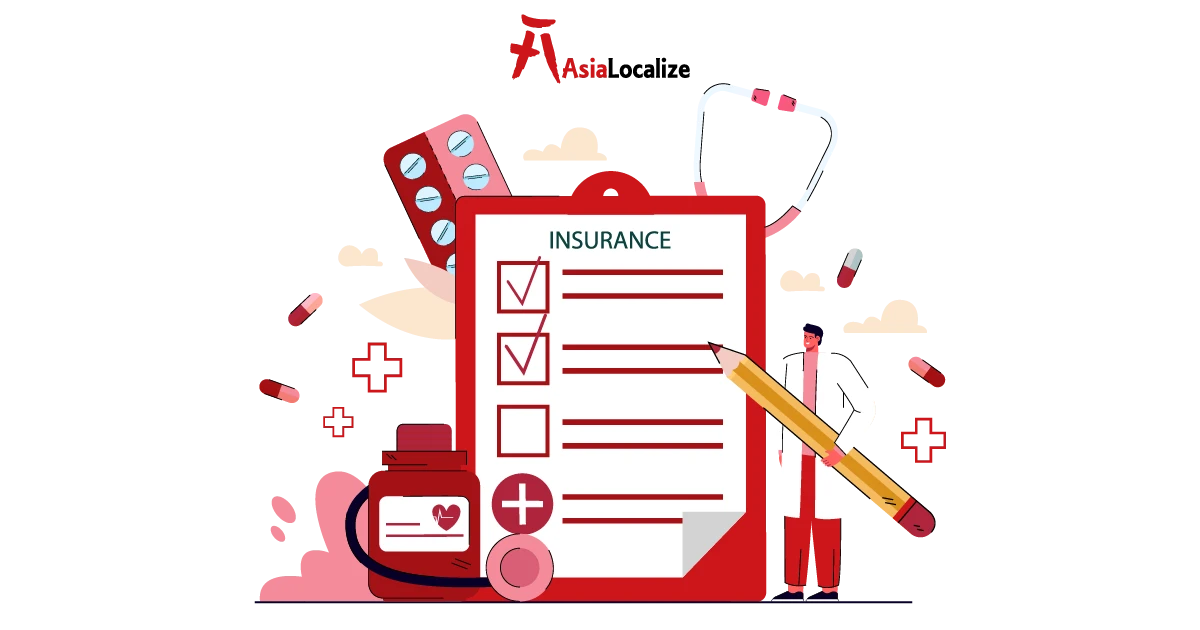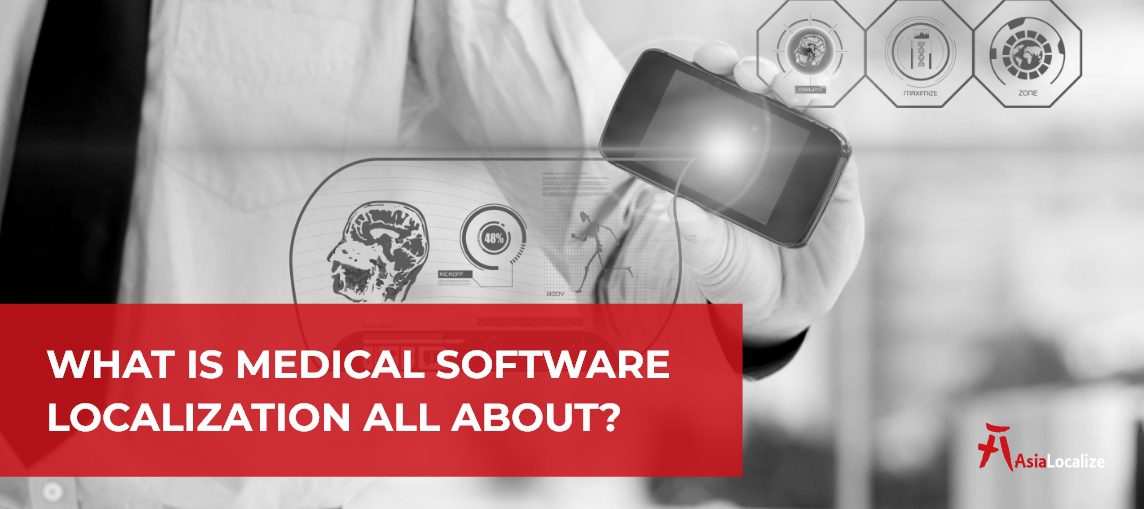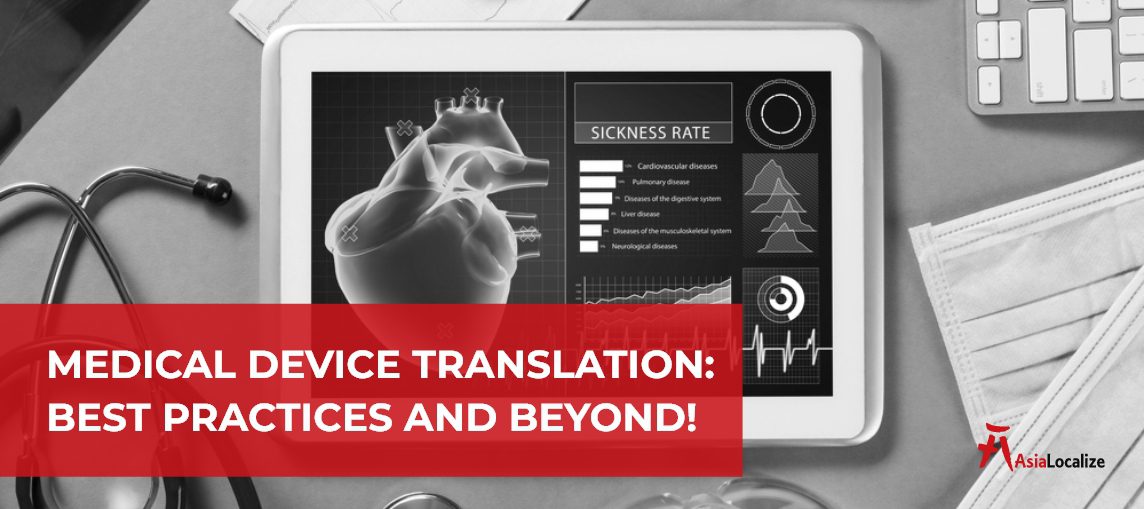Life Sciences Translation Services
Precision Language Solutions for Global Healthcare Innovation
Expert translation for pharmaceutical research, biotechnology, medical devices, and regulatory compliance across 120+ languages.
- ISO 17100 & ISO 13485 certified
- 1,000+ regulatory submissions annually
- Subject-matter experts with medical backgrounds
- HIPAA & GDPR compliant

Life sciences industry challenges
In life sciences, a single mistranslation can derail years of research, delay market approval, or compromise patient safety. When expanding globally, your documentation must meet rigorous regulatory standards across multiple languages and jurisdictions.
Regulatory Complexity
Different requirements across FDA, EMA, PMDA, SFDA, and other global authorities. Each market demands precise terminology and format compliance.
Specialized Expertise Gap
Generic translators lack the medical background and subject-matter expertise required for pharmaceutical protocols, biotechnology research, and clinical documentation.
Speed vs. Accuracy Dilemma
Time-sensitive submissions need fast turnaround without compromising the precision that regulatory compliance demands.
Comprehensive Life Sciences Translation Solutions
Explain that life sciences translation encompasses the entire healthcare innovation ecosystem—from early-stage research and drug development through clinical trials, regulatory approval, manufacturing, and market commercialization.
Unlike general medical translation, life sciences translation requires deep understanding of scientific methodology, regulatory frameworks, and industry-specific terminology across multiple disciplines including pharmacology, biotechnology, genetics, and medical devices.
What Sets Life Sciences Translation Apart
- Technical complexity requiring specialized translators
- Regulatory compliance across multiple jurisdictions
- Patient safety implications
- Intellectual property sensitivity
- Multi-stakeholder communication (researchers, regulators, patients, HCPs)
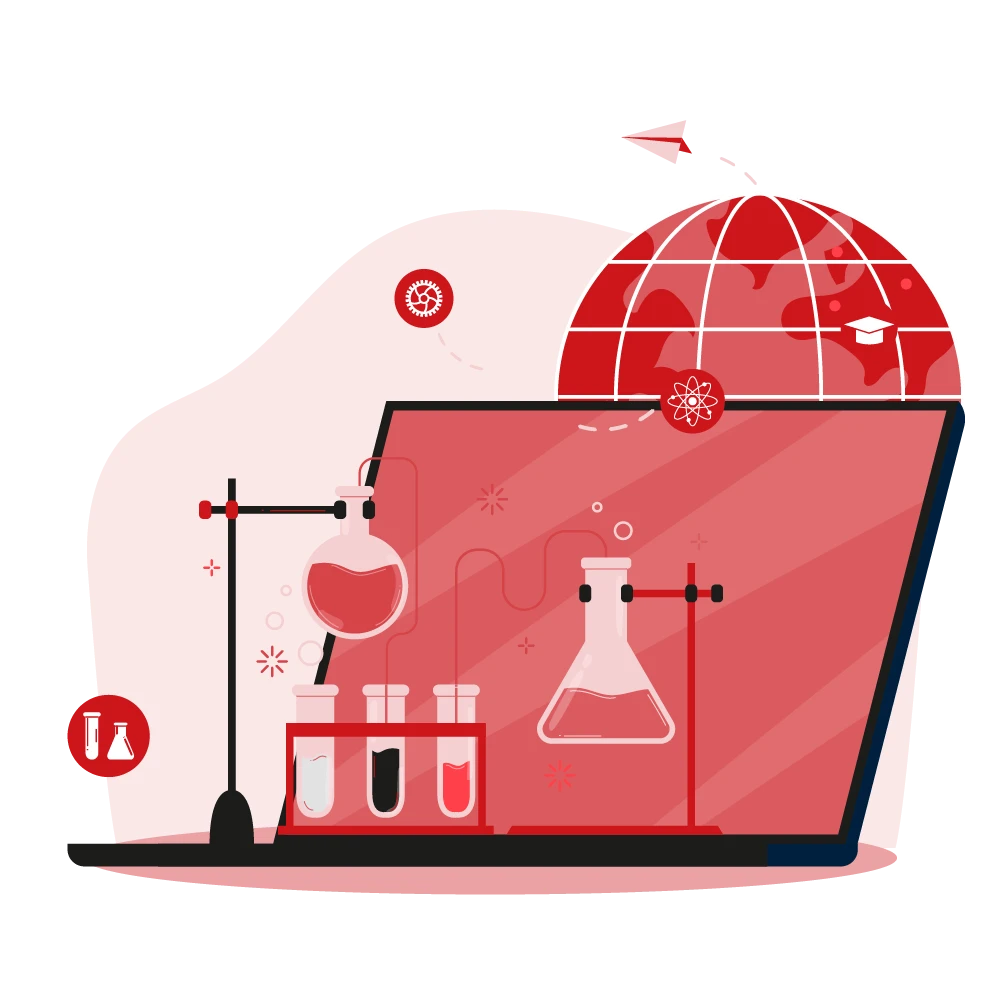
Biotechnology Translation Services
- Research and development documentation
- Biotechnology patent applications
- Genetic research materials
- Protein and enzyme research documentation
- Bioinformatics data
- Laboratory protocols and methods
- Scientific publications and manuscripts
- Investment and funding proposals
Specialized translation for cutting-edge biotech research, from gene therapy to synthetic biology.
Regulatory Translation Services
- Marketing authorization applications
- Common Technical Documents (CTD/eCTD)
- Regulatory correspondence
- Good Manufacturing Practice (GMP) documents
- Good Clinical Practice (GCP) documentation
- Quality system documentation
- Audit reports and responses
- Regulatory strategy documents
Our translators understand regulatory requirements across FDA, EMA, PMDA (Japan), NMPA/SFDA (China),, Health Canada, and other global authorities.
Pharmaceutical Translation Services
- Regulatory submission documents (INDs, NDAs, MAAs)
- Drug development documentation
- Clinical trial protocols and reports
- Pharmacovigilance and safety reports
- Marketing authorization applications
- CMC (Chemistry, Manufacturing, and Controls) documentation
- Drug labels and package inserts
- Standard Operating Procedures (SOPs)
Combined with 5+ years of industry experience. We understand FDA, EMA, PMDA, and SFDA requirements intimately.
Medical Device Translation Services
- Instructions for Use (IFU)
- Technical specifications and manuals
- Regulatory submissions (510(k), CE marking documentation)
- Risk management files (ISO 14971)
- Clinical evaluation reports
- Design and development documentation
- Post-market surveillance reports
- Quality management system documents
We ensure translations meet MDR (Medical Device Regulation), IVDR, FDA, and international standards (ISO 13485, IEC 62304).
Clinical Research Translation
- Informed Consent Forms (ICF)
- Case Report Forms (CRF)
- Study protocols and amendments
- Investigator brochures
- Patient recruitment materials
- Patient-Reported Outcome (PRO) instruments
- Clinical study reports
- Site documentation
- Ethics committee submissions
- Training materials for site staff
We ensure patient-facing materials are translated at appropriate literacy levels while maintaining scientific accuracy and cultural sensitivity.
Life Sciences Documents We Translate
From early-stage research through commercialization and post-market activities, we translate every document type critical to life sciences operations. Our expertise spans technical, regulatory, clinical, and commercial documentation.
Research & Development:
- Scientific publications and manuscripts
- Research proposals and grant applications
- Laboratory notebooks and protocols
- Preclinical study reports
- White papers and technical briefs
Regulatory & Compliance:
- INDs, NDAs, BLAs, MAAs
- Annual reports and safety updates
- Product monographs
- Risk management plans
- SOP translations
Clinical Documentation:
- All clinical trial documents (covered above)
- Medical affairs materials
- Healthcare provider communications
Commercial & Marketing:
- Product launch materials
- Sales training content
- Patient education materials
- Medical conference materials
- Marketing collateral (compliant with regulatory advertising rules)
Quality & Manufacturing:
- Batch records
- Validation protocols
- Equipment manuals
- Quality assurance documentation
Our Life Sciences Translation Solutions: No Room for Error
In the life science sector, while effective communication can save millions of lives, a translation error can endanger the same number of people.
With over 12 years of experience in life science and medical document translation services, we strive and work towards the aim of providing multilingual accessibility to life sciences content in health, medicine, agriculture, food science, and the pharmaceutical industry.
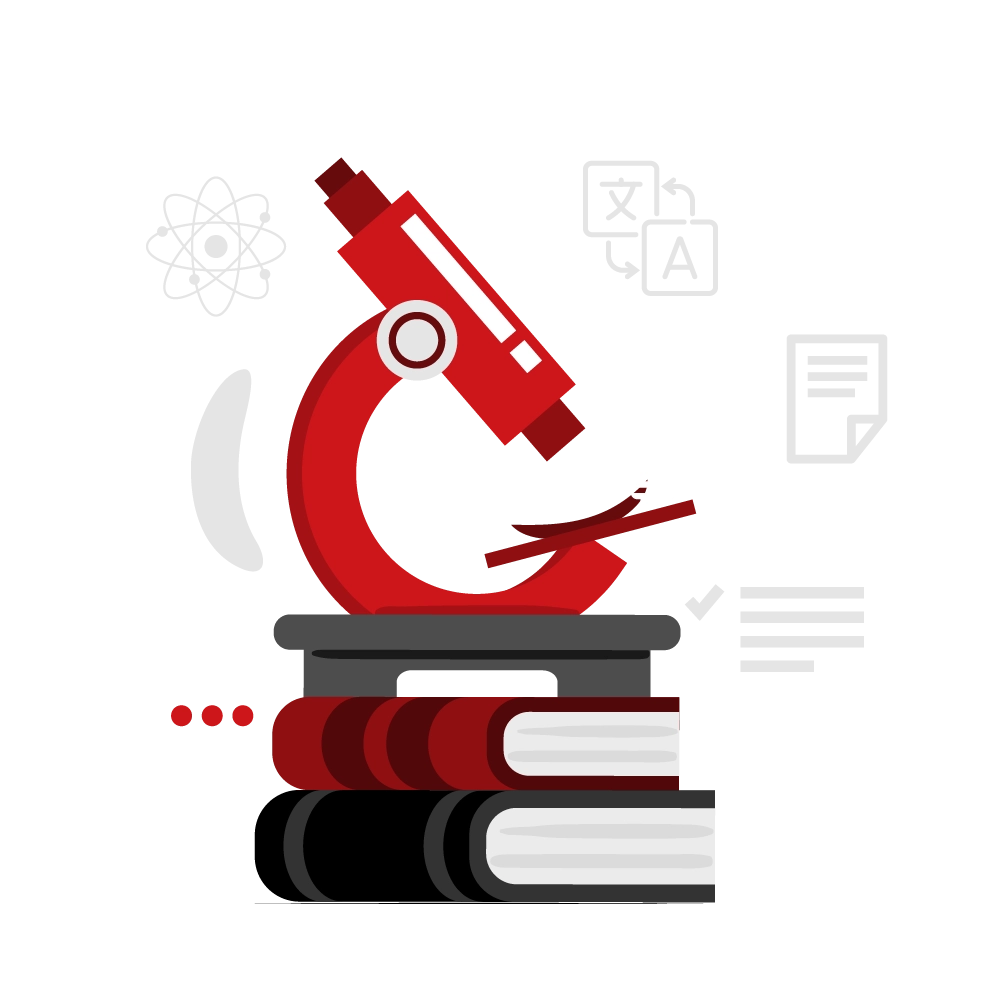
Why Global Life Sciences Companies Trust AsiaLocalize
Life sciences translation demands more than linguistic accuracy—it requires subject-matter expertise, regulatory knowledge, and unwavering precision. AsiaLocalize combines ISO-certified processes, specialized medical translators, and cutting-edge technology to deliver translations that meet the highest industry standards.
Subject-Matter Experts
ISO-Certified
Quality
Data Security & Confidentiality
Regulatory Compliance
Technology-Enhanced Efficiency
Asian Market Specialists
24/7 Project
Visibility
Scalability
& Speed
Types Of Documents We Translate
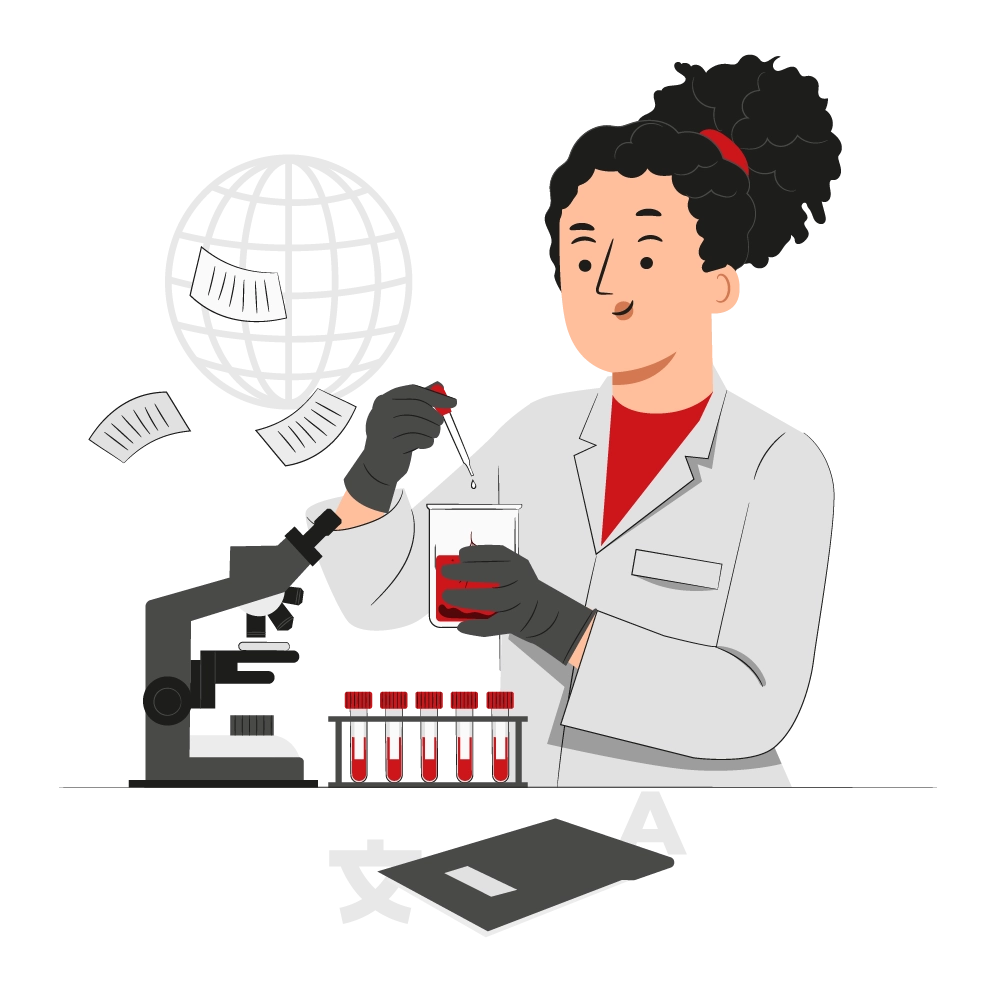
Clinical Trials Translation Services
Whether you need us to work with a complex or large document, we can manage all types of content and ensure that the final product accurately reflects the original text. We work on the following and beyond:
- Clinical Protocol Documentation
- Clinical Study Reports
- Protocol Synopsis
- Case Report Forms (CRFs)
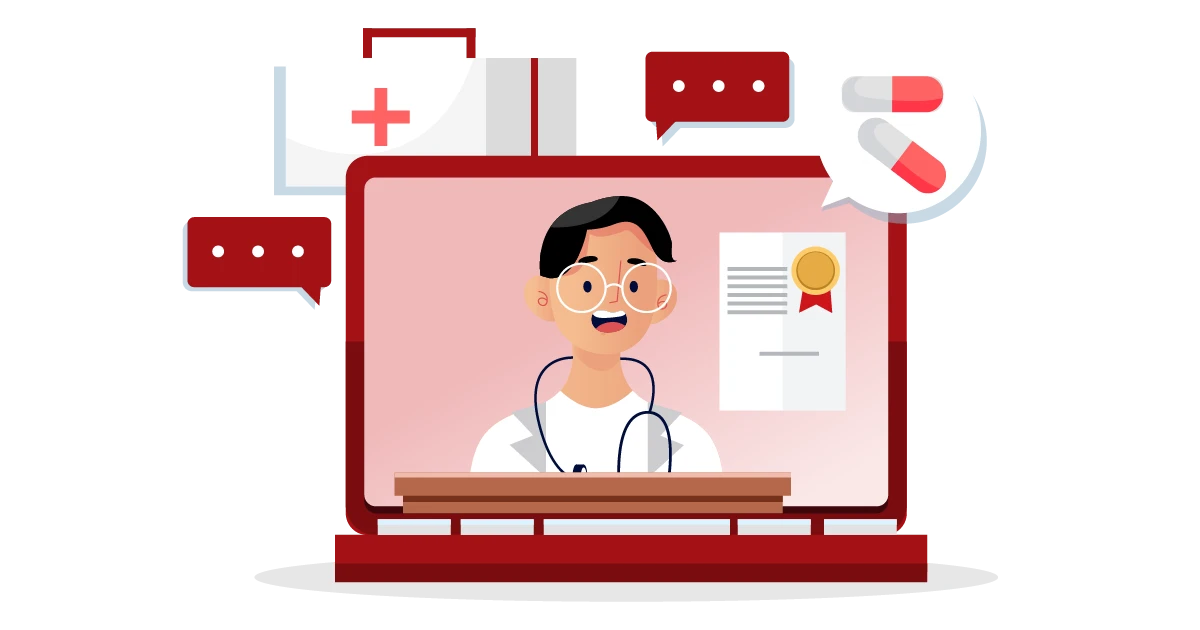
Healthcare Translation Services
Our medical translators ensure that the most complex scientific concepts and data are conveyed in the target language while maintaining the original meaning and intent of the original text. We work on the following and beyond:
- Medical Device Manuals
- Information for Use (IFU)
- Clinical Reports
- Medical Labeling and Packaging
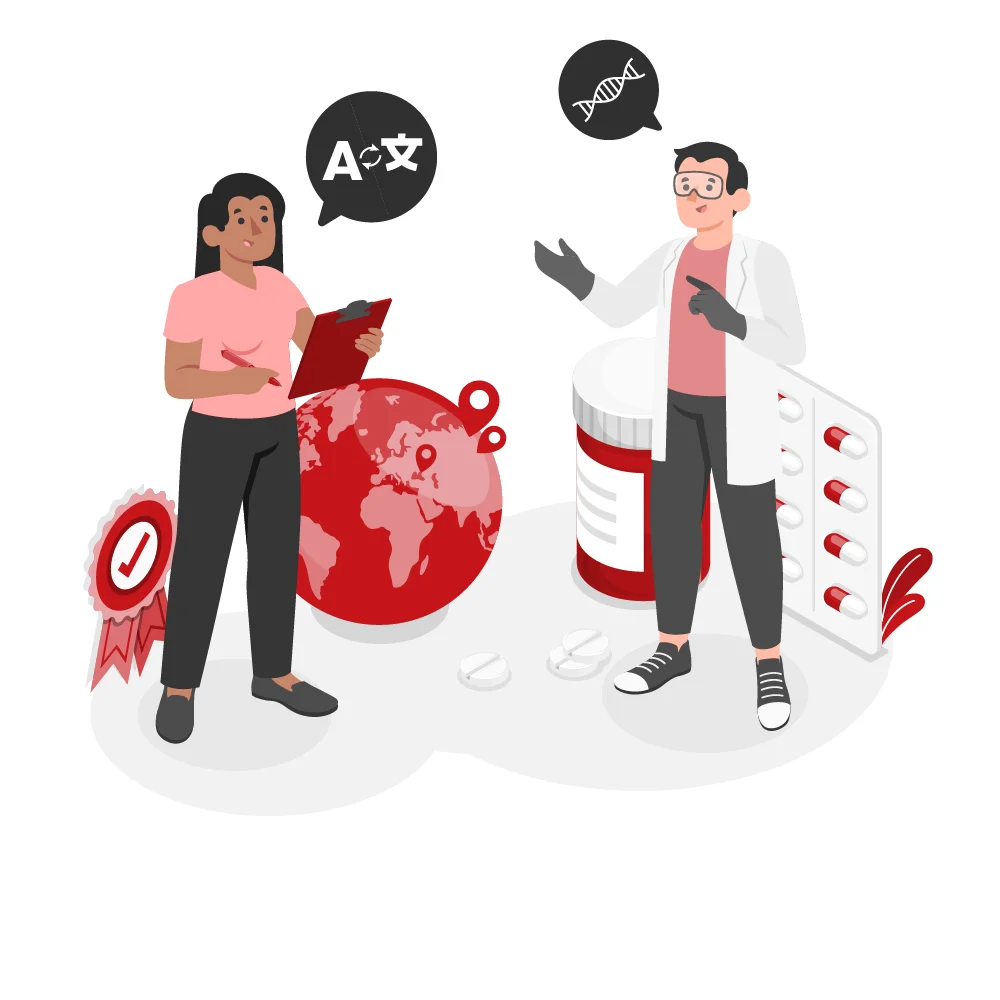
BioTechnology Translation Services
With over 10 years of experience in the biotechnology industry and the Asian markets, we’ve got you covered with a vast network of Asian subject matter experts in 120 languages. We work on the following and beyond:
- Case Report Forms
- Quality Assurance Documents
- Clinical Research & Protocols
- Drug Inserts
In-country Subject-matter Experts
Our medical translators have at least 5 years of experience in the subject, whether biotechnology, pharmaceuticals, biomedical technologies, cosmeceuticals, nutraceuticals, biophysics, or neuroscience.
They aren’t only acquainted with the complexities of the target language but also know how to deal with the most complex subjects, finding the most fitting equivalent terminology in the target language for the trickest terms.
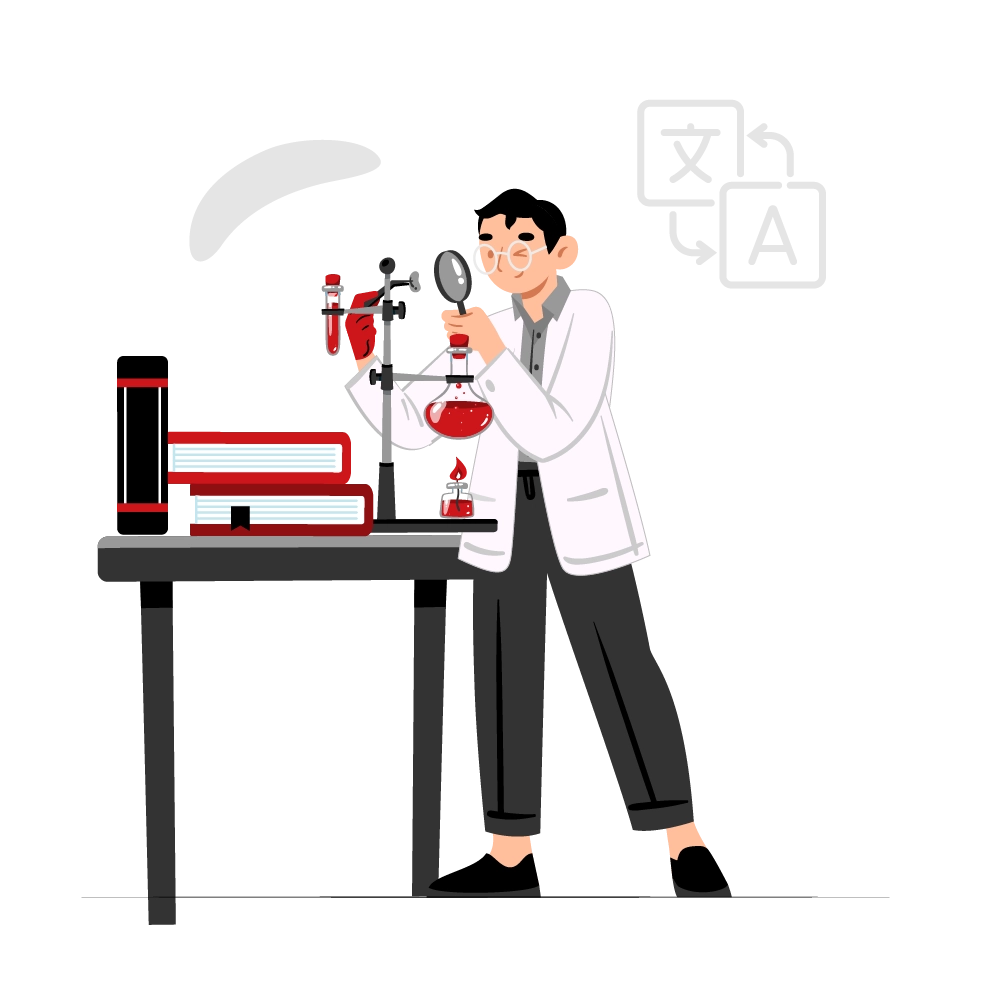

We Prioritize Confidentiality
Our commitment to confidentiality is comprehensive. We employ a range of stringent measures, from using secure communication channels and encryption technologies to implementing access controls and user authentication.
We also enforce strict confidentiality agreements, conduct regular security audits, and adhere to industry-specific regulations and standards for data privacy and security. This comprehensive approach ensures your healthcare organization’s highest level of data protection.
Life Sciences Translation Services for All Types of Content
Our expertise extends beyond language translation. We excel in managing all document formats, ensuring that the translated document mirrors the original in appearance while also considering the target market’s preferences.
- Text and Document Formats: TXT, PDF, DOC, DOCX, ODT
- Spreadsheet Formats: CSV, XLS, XLSX, ODS
- Presentation Formats: PPTX
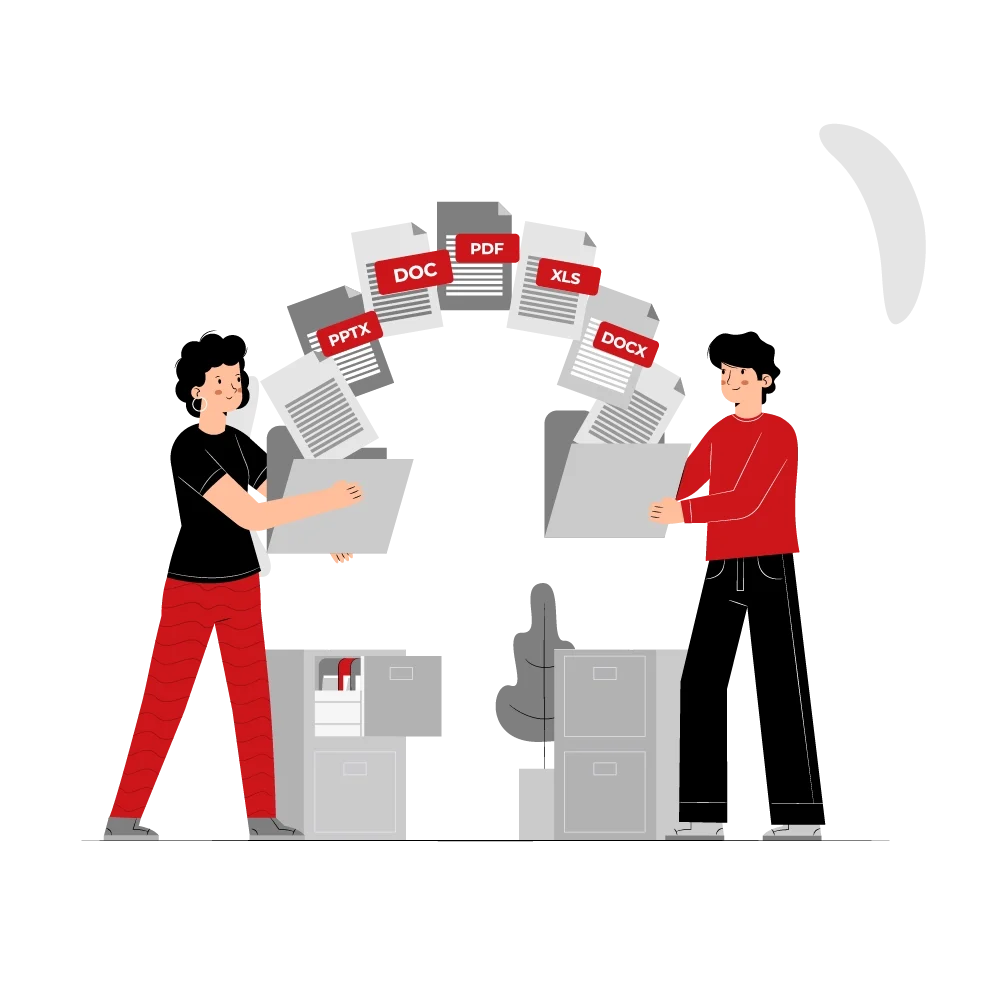
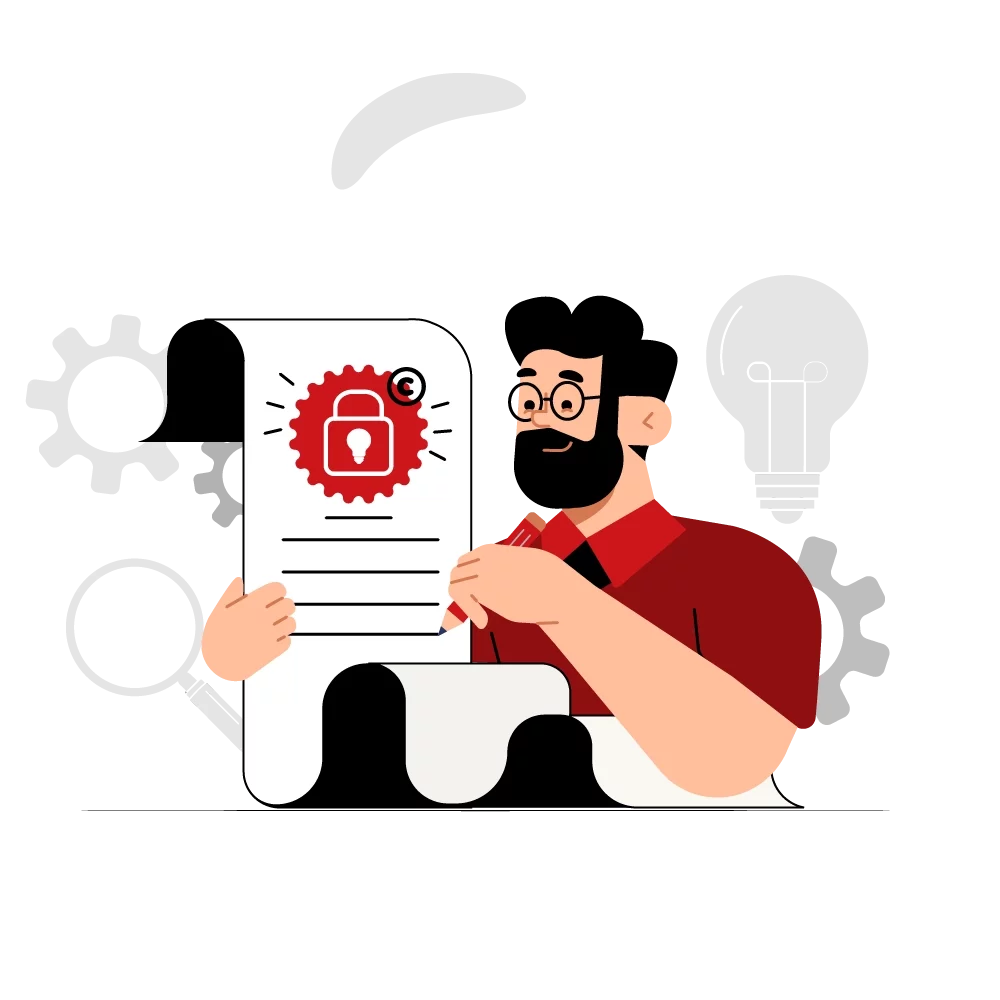
Back Translation & Linguistic Validation Services
Reduce risk in patient-facing and regulator-bound content with independent back translation and structured linguistic validation.
Our process is designed for clinical documents and high-impact materials where accuracy, readability, and cultural fit are critical.
What clients say about our work
Legal Assistant
at Law Firm, USA
Product Manager
at Software Development Co.
Senior Manager Practice
at Management Consulting Co.
Expert Insights for Life Sciences
Medical Device Translation: Best Practices and Beyond!
Clinical Trial Translation: 5 Key Challenges & How to Solve Them
All You Need to Know About Digital Translation Services
Frequently Asked Questions About Life Sciences Translation
Why can't I use machine translation for life sciences documents?
Machine translation lacks the subject-matter expertise, regulatory knowledge, and precision required for life sciences content. MT struggles with complex terminology, regulatory nuances, and cultural adaptation.
While AI tools may provide drafts, human medical translators with scientific backgrounds are essential for accuracy, regulatory compliance, and patient safety in life sciences translation.
How do you ensure regulatory compliance across different markets?
Our translators specialize in regional regulatory requirements (FDA, EMA, PMDA, SFDA, etc.) and stay current with evolving guidelines. We use market-specific style guides, regulatory templates, and compliance checklists.
Each translation undergoes regulatory review to verify format adherence, required elements, and jurisdiction-specific terminology before delivery.
What qualifications do your life sciences translators have?
All life sciences translators hold advanced degrees (Master’s or PhD) in relevant scientific fields—pharmacology, biotechnology, medicine, or related disciplines.
They possess minimum 5 years of professional translation experience in life sciences, undergo continuous training on regulatory updates, and are native speakers based in target markets for cultural accuracy.
How long does a typical life sciences translation project take?
Timelines vary by project scope and complexity. Standard documents (2,000-5,000 words) typically require 3-5 business days.
Large regulatory submissions may need 4-8 weeks for proper translation, review, and QA. We offer expedited services for urgent projects. Contact us with your specific requirements for accurate timeline estimates.
Do you handle confidential clinical trial data securely?
Yes. We maintain HIPAA and GDPR-compliant workflows with ISO 27001-aligned security protocols. All linguists sign comprehensive NDAs. We use encrypted file transfer, secure cloud storage with access controls, and maintain complete audit trails.
Your intellectual property and patient data remain fully protected throughout the translation process.
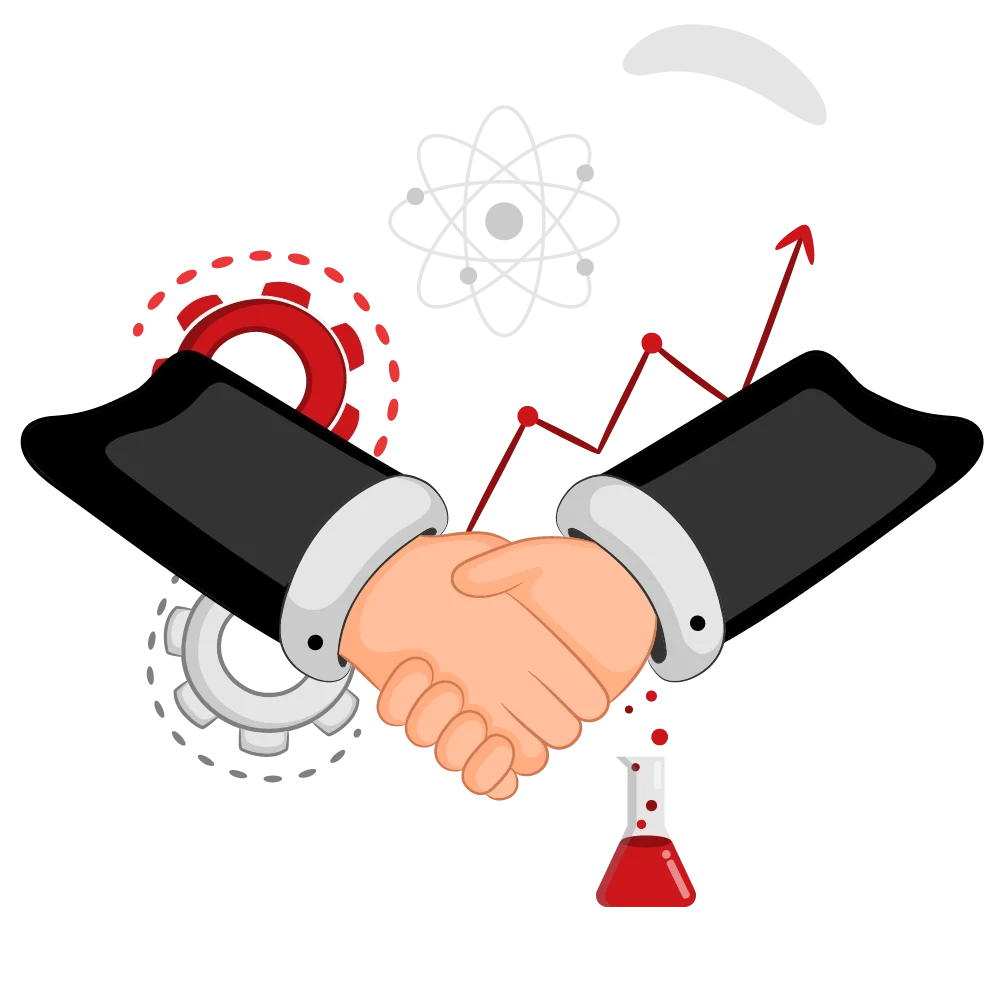
Ready to Advance Your Global Life Sciences Projects?
Partner with AsiaLocalize for life sciences translation that meets the highest standards of accuracy, regulatory compliance, and scientific precision.
Whether you’re submitting to regulatory authorities, conducting international clinical trials, or expanding into new markets, our ISO-certified team delivers translations you can trust.

